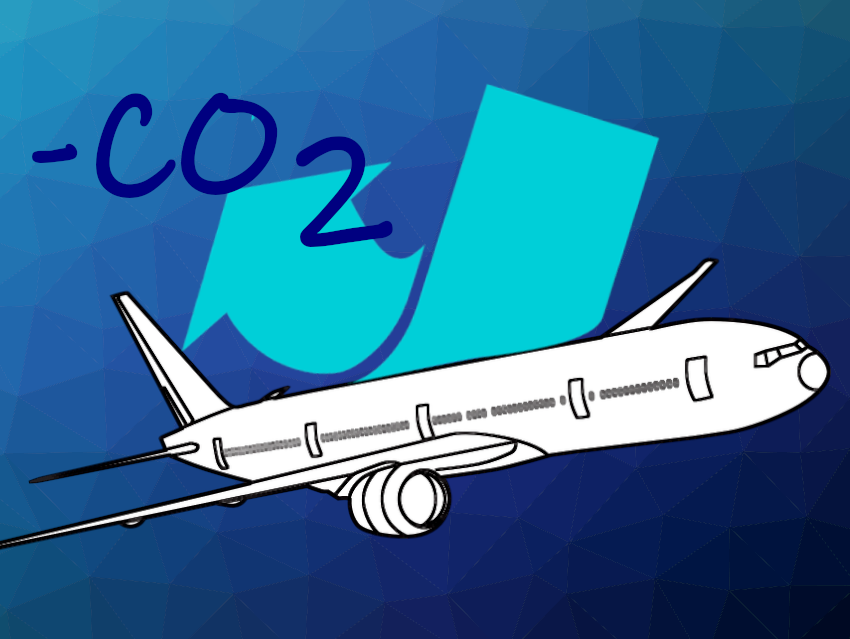The European Union Aviation Safety Agency (EASA) has granted Lufthansa Technik a Supplemental Type Certificate (STC) that allows for the series modification of Boeing 777-300ER and 777F aircraft with fuel-saving AeroSHARK riblet films. A Supplemental Type Certificate (STC) is a document that certifies that a specific modification or replacement of an aircraft component has been designed and tested to meet the relevant aviation safety standards.
The fuel-saving AeroSHARK riblet films were developed in collaboration with BASF. Thanks to its special surface structure of microscopic ribs – so-called riblets – it reduces the frictional resistance of the aircraft skin. As a result, fuel consumption and CO2 emissions are reduced by around 1 %.
Swiss International Air Lines (SWISS) and Lufthansa Cargo will be the first airlines to optimize their sub-fleets with the riblet films. For each Boeing 777-300ER operated by SWISS, this means annual savings of around 400 tons of kerosene and more than 1,200 tons of CO2. The slightly shorter Boeing 777F saves around 370 tons of fuel and 1,170 tons of CO2 each year. The modifications are expected to reduce the Lufthansa Group’s carbon footprint by over 25,000 tons annually.
Lufthansa Technik and BASF intend to consistently develop AeroSHARK further for additional aircraft types and larger surfaces so that in the future they can support airlines around the world in achieving their emissions targets. In initial model calculations, the sharkskin technology in its maximum expansion stage could even avoid CO2 emissions on the scale of up to 3 %, according to the companies.
- BASF SE, Ludwigshafen, Germany
- Lufthansa Technik, Hamburg, Germany




